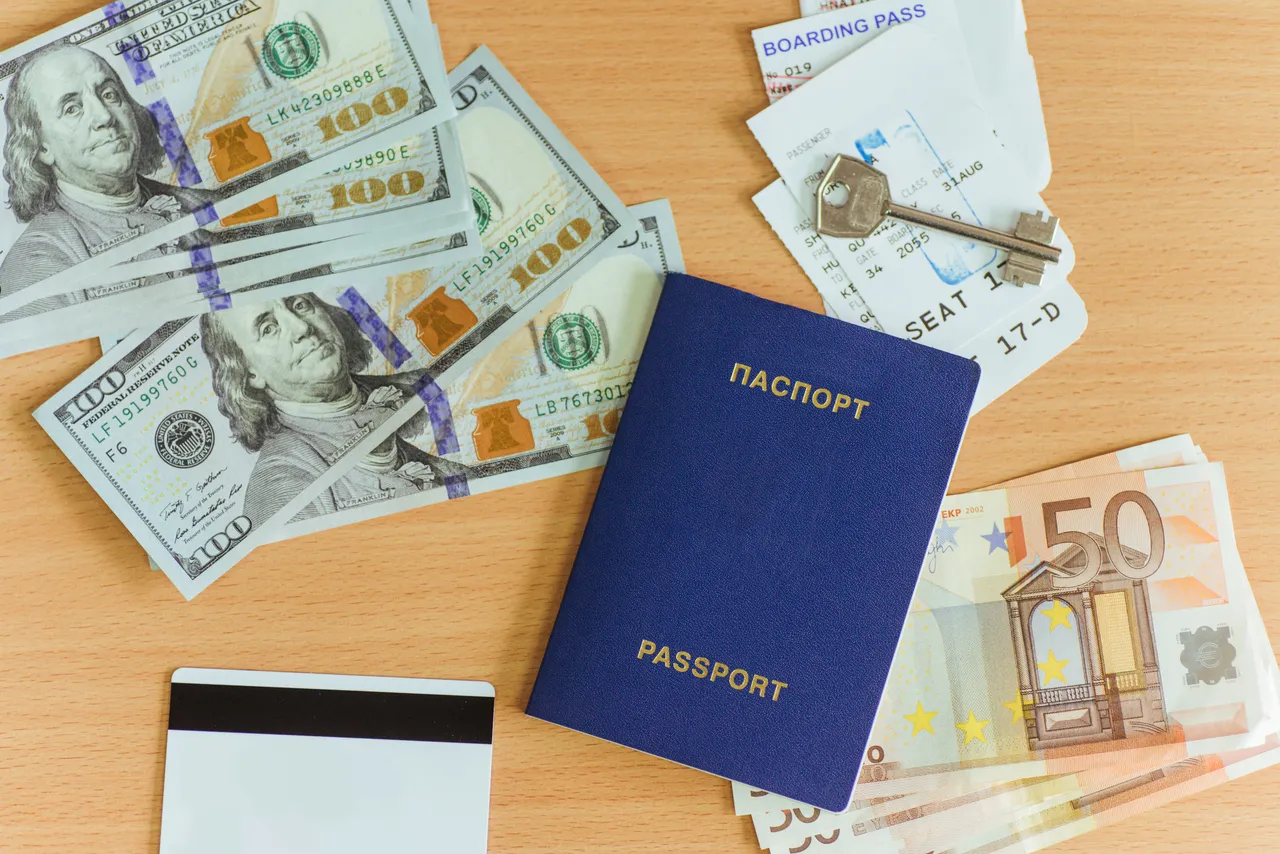Traveling abroad is a rewarding and exciting experience, but it can also be costly if you’re not careful about the bank charges that can add up. Here are 5 tips to help you cut those costs and get the most out of your vacation.
1. Choose a bank that suits your travel needs
Bank fees vary from bank to bank, especially for withdrawals and payments abroad. It is therefore essential to choose a bank that offers favorable conditions for travelers. Here are some points to consider:
- Fees for withdrawals abroad
- Exchange fees for payments in foreign currencies
- Partnership offers between international banks
- Assistance and emergency services available 24 hours a day
Comparing offers from different banks allows you to choose the best option based on your travel plans.
2. Prioritize credit card payments over cash withdrawals
Fees for withdrawals from abroad are often higher than fees for payment by bank card. In addition, some businesses and travel service providers charge additional fees for cash payments.
Opt for credit card payments in order to reduce the costs associated with transactions in foreign currencies and to facilitate your administrative procedures in case of theft or loss of your wallet.
3. Use an international bank card without fees
Some banks offer bank cards specially designed for travelers with reduced or no fees for withdrawals and payments abroad.
These cards also offer other benefits, e.g.
- Points or cashback programs that you can use for your next trips
- Travel insurance included in the price (cancellation, luggage, repatriation, etc.)
- Free or discounted services at airports (VIP lounges, Wi-Fi, etc.)
Before you go abroad, don’t forget to find out about free international bank card offers.
4. Plan your withdrawals and expenses in advance
A good way to reduce bank fees abroad is to plan your withdrawals and expenses carefully before leaving for a trip. Estimate your daily expenses and withdraw cash based on your needs, avoiding frequent small withdrawals that come with higher fees.
You can also set a daily budget for your expenses and track your transactions using your bank’s mobile apps. So no unpleasant surprises await you at the end of the journey.
5. Negotiate exchange fees when buying in foreign currency
When you buy in a foreign currency, some merchants charge unfavorable exchange rates and charge extra for paying in the local currency.
Find out about the exchange rate and don’t hesitate to negotiate with the merchant to get a better rate or avoid additional fees. A good way to check the exchange rate is to use a currency converter app on your smartphone.
Now that you have these 5 tips in mind, you’re ready to travel with peace of mind and enjoy your adventures abroad without worrying about bank charges!

